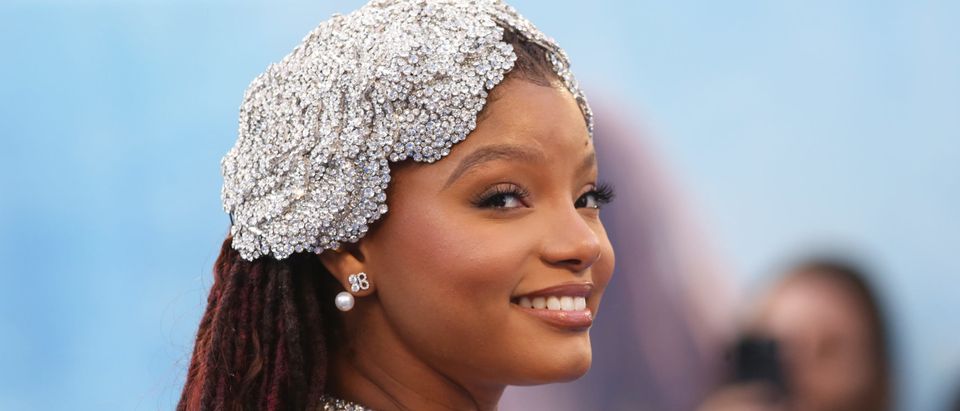The New York Times raised a few eyebrows with its review of Disney’s newest live-action adaption, “The Little Mermaid, bemoaning, among other things, the lack of “kink” in the fairy tale film.
Slamming the latest of Disney’s live-action remake as “desperate for approval,” New York Times critic Wesley Morris argued the film lacks “joy, fun, risk, flavor.” Though the film has been marketed as family-friendly, Morris felt it could have used more “kink.”
Disney’s live-action remake of “The Little Mermaid,” with Halle Bailey starring as Ariel and a diverse cast, “reeks of obligation and noble intentions,” Wesley Morris writes.
“Joy, fun, mystery, risk, flavor, kink — they’re missing.” https://t.co/GRE3yyIIfz
— The New York Times (@nytimes) May 27, 2023
“The New York Times wants “kink” in a movie made for children, and they’re sad that The Little Mermaid doesn’t have any of it,” conservative political commentator Ian Miles Cheong observed on Twitter.
His sentiments were echoed by conservative director/producer Robby Starbuck, who pointed out that kink, in the informal sense of the word, refers to an individual’s unusual sexual preferences. “Same media denies the left sexualizes kids. The reviewer needs his hard drives reviewed,” Starbuck wrote.
Vice President of Pedagogy at Higher Ground Education Matt Bateman disagreed with the likes of Starbuck and Cheong, arguing that though the use of the term “kink” was “terribly imprecise” for describing the problem with romance in children’s movies, there was a problem nonetheless. “Romance in children’s movies,” Bateman argued, “has become more jokey and sanitized and sterile.”












